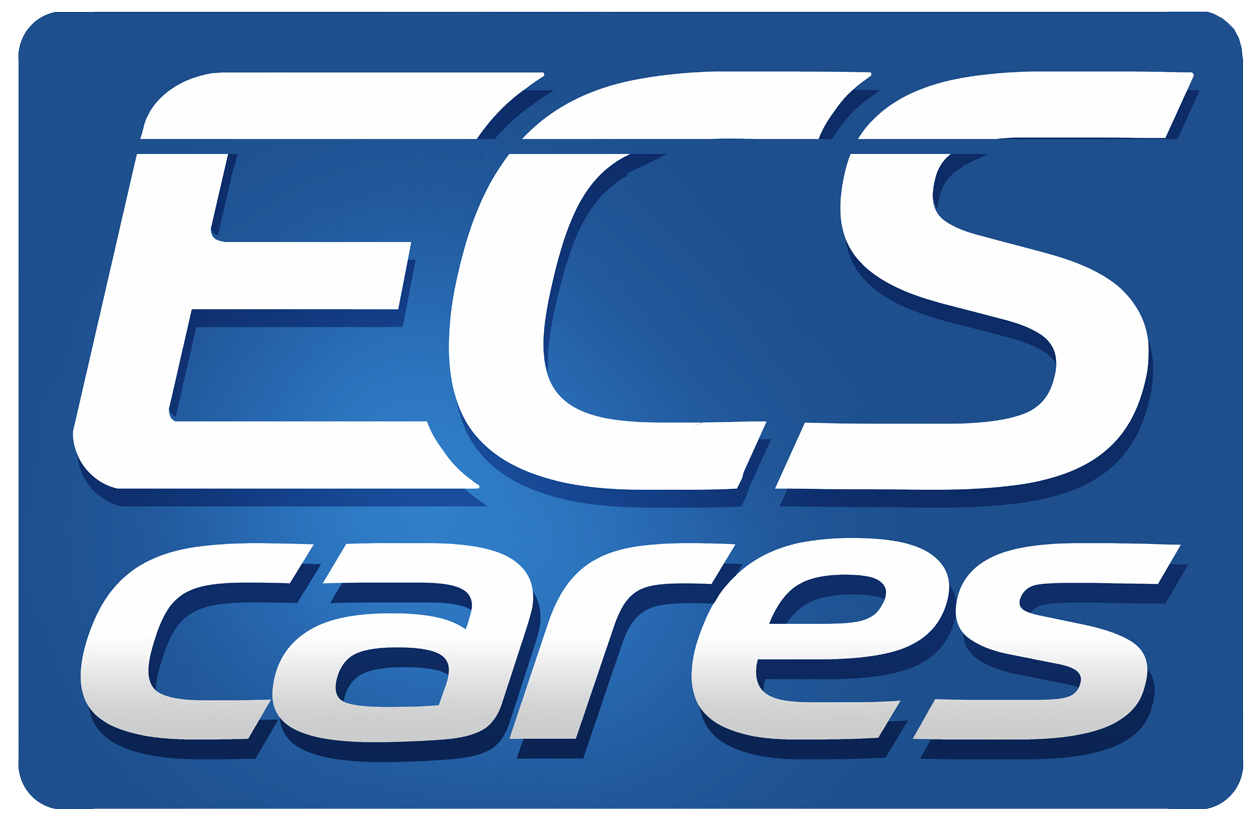The following information is related to all silver recovery and film handling processes.
+ Do I need a silver recovery unit?
If you use fixer or bleach fixer then yes. Unless you prefer to send the chemical offsite for treatment. ECS Cares offers this service to most of our Canadian Clients.
The fixer or bleach fixer contains silver and most municipal guidelines allow a discharge of 5 ppm (parts per million). Some guidelines are as low as 2 ppm so it is important to ask your local municipality. Also, septic systems generally can not handle this waste so offsite treatment is a must.
Here is a list of approximate silver content per industry:
Dentists, Medical and Photo Industries have silver content over 800 ppm.
Industrial Industries can have silver content over 5000 ppm.
+ How do i know if I am receiving the right amount of silver for the cartridges/filters?
Finding a trustworthy company is key. ECS Cares has been in business for over 50 years and have retained clients for over 30 years. A series of calculations and testing may be done but it is always conditional on certain elements that can not always be controlled.
ECS Cares offers a silver program credit to existing clients that ensures they receive a predetermined amount of money without the need of waiting for refining or having additional charges introduced.
+ How do I know my material is properly destroyed if it is removed from my site?
ECS Cares will issue a Certificate of Destruction for all volumes greater than 10,000 lbs. For any volumes less than this a Certificate of Destruction may be issued upon request.
ECS Cares has been in business since 1969 and has garnered a strong reputation for honesty and integrity. We operate with a level of transperancy and will welcome any Client to visit on-site.
+ I have a collection of silver flake, what do I do with it?
The first step is to check it for moisture. Using a kleenex to see if it absorbs anything will help. Then weigh it and take a photo. ECS Cares will pay you a set rate per lbs. If you deliver it to our Barrie office, you leave with a cheque. If one of our team members collects it on your behalf, we receive it and weigh it and issue you a cheque within a few days.
+ I need to keep my X-Ray film but I also need the space, can I store my film and files anywhere?
You can store your files offsite but you are still responsible for them. You also will need to have routine access to them and a filing system to ensure that you can pull the correct file upon request.
ECS Cares has set up a premium file system that is secure. We are able to pull the requested files in a timely fashion and re-file them upon return.
+ I sorted my X-Ray film, can I just recycle my paper?
Recycling is not shredding. If you shred the files first, then recycling is great. However, most residential shredders can not handle the size of the envelopes and have a hard time shredding them when folded. Due to the information on the papers and envelopes, the best method is shredding. ECS Cares offers this as a service to its many clients.
+ If I recycle my papers in the blue bin do I meet PIPEDA regulations?
It depends on the content. If it is only your personal information then yes, but we would still recommend you have your personal information shredded as well. You can never be too safe in shredding all documents and ECS Cares has an excellent paper shredding service.
Papers that enter the recycling bins are not shredded and therefore the personal information of others is at risk.
“Personal information” means information about an identifiable individual which includes any factual or subjective information about that individual, including, for example:
- Name
- Opinions about the individual
- Birth date
- Income
- Physical description
- Medical history
- Gender
- Religion
- Address
- Political affiliations and beliefs
- Education
- Employment
- Visual images such as photographs, and videotape where individuals may be identified
+ What is PIPEDA?
The Personal Information Protection and Electronic Documents Act (PIPEDA or the PIPED Act) is a Canadian law relating to data privacy. It applies to federal works, undertakings or businesses and how employee and personal information is collected, stored and safeguarded.
“Personal information” means information about an identifiable individual which includes any factual or subjective information about that individual, including, for example:
- Name
- Opinions about the individual
- Birth date
- Income
- Physical description
- Medical history
- Gender
- Religion
- Address
- Political affiliations and beliefs
- Education
- Employment
- Visual images such as photographs, and videotape where individuals may be identified

